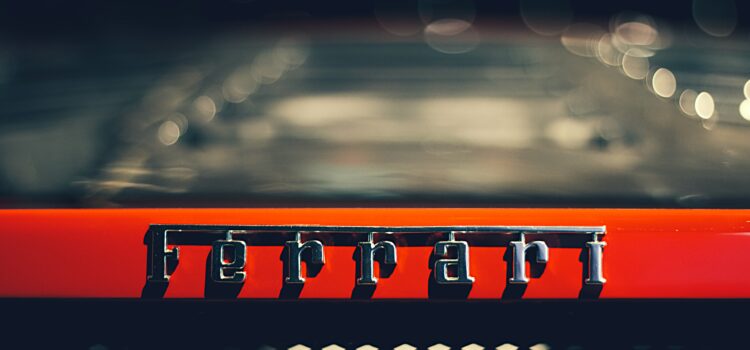

This article is an excerpt from the Shortform book guide to "The Monk Who Sold His Ferrari" by Robin Sharma. Shortform has the world's best summaries and analyses of books you should be reading.
Like this article? Sign up for a free trial here .
What is the family wisdom from The Monk Who Sold His Ferrari? Why is it important?
Family wisdom from The Monk Who Sold His Ferrari instructs you to focus on what’s important. Keeping things simple and prioritizing family helps lead to a joyful life.
Keep reading for family wisdom from The Monk Who Sold His Ferrari.
Family Wisdom From The Monk Who Sold His Ferrari
The Ritual of Simplicity. Focus on living a simple, uncluttered life. Find your goals and your priorities and work toward them, without wasting energy on unimportant things.
Also, reduce your needs. For example, Julian gave up his expensive clothes, stopped reading so many newspapers, and let go of the need to be available to everyone at all times. He suggests that John practice this Ritual by not answering the phone every time it rings, not eating out so often, and giving up his golf club membership in order to spend time with his family instead.
Not everyone has to adopt every strategy in order to see improvement. Moderation is key in all things, including simplifying your life.
Prioritize
80 percent of what you achieve comes from 20 percent of what you do. Think about all the things you do in a day, then think about which of those things will have a lasting impact on your life. Most likely you’ll only come up with a few things that actually matter in the long run.
Important activities might include connecting with friends and family, improving professional relationships, studying to expand your knowledge base, meditating and improving your inner life, and of course resting to heal your mind, body, and spirit. These are only examples. Find what will be important to you in the long run, and devote your time and energy to those things.
“Live each day like your last” may be an overused phrase, but there’s wisdom in it. This concept helps focus your mind on what’s most important to you. Family wisdom from The Monk Who Sold His Ferrari encourages this type of thinking.
The Roses—Helping Others
The roses that awaken the sumo wrestler in Raman’s fable represent service to others. They reference an old Chinese proverb, which says a bit of perfume will stay on the hand that gives away a rose. In other words, by being kind to others you’ll improve your own life as well.
Quality of life doesn’t come from a big home or a fast car. You had nothing when you were born, and—no matter how rich you become—you’ll have nothing after you die. Therefore, working only for yourself is pointless. True quality of life comes from what you give back, and the real reason for existence is to serve others. You are born crying while the world celebrates; you should die celebrating while the world cries. In other words, live a life that you’ll be happy with, and that others will be sad to lose.

———End of Preview———
Like what you just read? Read the rest of the world's best book summary and analysis of Robin Sharma's "The Monk Who Sold His Ferrari" at Shortform .
Here's what you'll find in our full The Monk Who Sold His Ferrari summary :
- Why your career success might actually be killing you
- How to live a simple and fulfilling life
- The 10 rituals you should practice for health and healing






